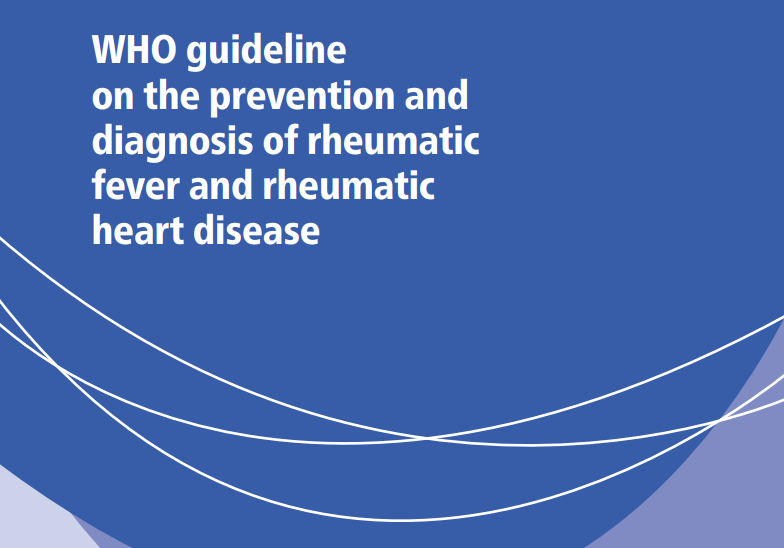A new World Health Organization Guidelines Report has been launched focusing on the prevention and diagnosis of the Rheumatic Heart Disease (RHD). Researchers from the South African Medical Research Council contributed to these guidelines, with Prof Liesl Zühlke – SAMRC Vice-President Extramural Research and Internal Portfolio, being part of the Guidelines Development Group. Profs Tamara Kredo and Mark Engel - Unit Directors from the Health Systems Research Unit and Cochrane South Africa, respectively, were part of the technical working group.
Rheumatic heart disease (RHD) is a serious yet preventable public health problem in low- and middle-income countries, especially in marginalised communities and Indigenous populations. RHD is characterised by chronic structural and/or functional changes in the heart, most commonly in the valves, caused by one or more episodes of Rheumatic Fever (RF). RF is an autoimmune inflammatory reaction to throat infections (pharyngitis) or possibly to superficial skin and skin structure infections caused by the Streptococcus pyogenes bacterium.
RHD can lead to death or lifelong disability and has affected an estimated 55 million people globally causing 360,000 deaths in 2021. Many regions including sub-Saharan Africa, the Middle East, Central and South Asia, tropical Latin America and the South Pacific continue to have endemic of RF and RHD, with a higher prevalence of RHD seen in women across nearly all world regions. It is known that effective early intervention can prevent premature morbidity and mortality.
“Those in the RHD community are delighted that these evidence-based Guidelines have been published, almost 20 years since the last consensus-based guidelines, which will now direct the field and ensure evidence-based practice is instituted in this important public health area. Over 50 million people live with this disease, over 90% in low and middle-income countries, and we anticipate that this will result in improved care and quality of life,” said Prof Zühlke.
Recommendations of the WHO guidelines
The WHO guideline provides evidence-informed recommendations for the prevention and management of RF and RHD. It encompasses three areas:
- primary prevention of RF and RHD, specifically the identification and treatment of suspected group A (beta-hemolytic) Streptococcus (GAS) pharyngitis and skin infections,
- secondary prevention of recurrent RF and RHD, with specific use of long-term antibiotic prophylaxis and interventions to increase adherence to treatment, with screening for early RHD.
- management of RF, specifically the treatment with anti-inflammatory drugs.

